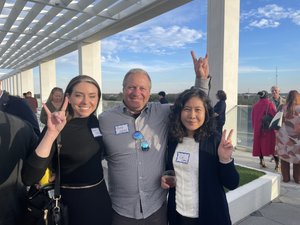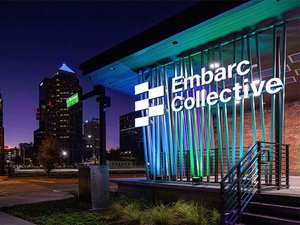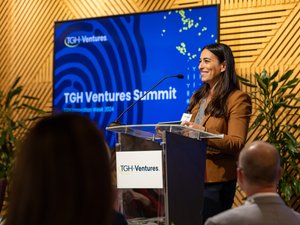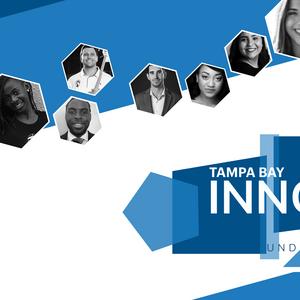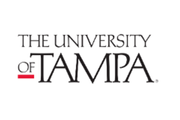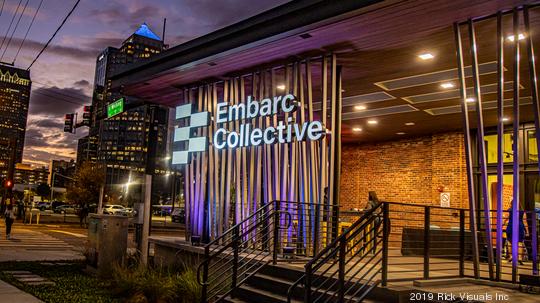
Accelerators and incubators are known to help entrepreneurs and small businesses grow by introducing them to investors, getting the word out about their companies and connecting them to other startups.
But now accelerators around the world, including in Tampa Bay, are being faced with a new task: help startups understand and hopefully survive in the age of coronavirus.
"There is no playbook for how to navigate this," Lakshmi Shenoy, CEO of Embarc Collective, said. "What we have to do is listen. How we can be the most supportive we can be, and give the companies the frameworks and space to think through problem solving?"
Embarc Collective was one of the first entities to temporarily close its doors, a decision made after the Hillsborough County School District announced school would be temporarily closed.
"We knew it was coming, it was just a matter of when," Shenoy said. "When we saw the Hillsborough County School District closed — so many members we're supporting are parents, and we know in order for this to work people have to stay home. It was a challenging decision, but it was the right thing to do and very quickly after we realized we did the right thing."
Embarc Collective, along with incubator/accelerator Tampa Bay Wave and the Florida-Israel Business Accelerator, have dozens of companies they are currently guiding. All three are already used to relying on multiple digital ways to communicate; the way it is done now is not so different from pre-coronavirus times.
Rachel Feinman, executive director of FIBA, is well versed in Whatsapp and Zoom calls to speak with her cohort companies — most often located in Israel. However, the subject matter of what Feinman is now communicating to her startups has changed. She is helping the entrepreneurs navigate both the Coronavirus Aid, Relief and Economic Security Act in the United States, as well as potential resources in Israel.
"As [the companies] returned to Israel, we're continuing to offer both Florida-based as well as Israel-based education about the current state of the crisis," Feinman said. "The good thing we're doing at FIBA is relying on the lawyers, accountants, bankers who are on the frontlines of understanding new legislation and how it's impacting their clients and how they can help FIBA."
FIBA's latest cohort companies had just finished a statewide tour, meeting with potential investors across Tampa, Miami and Orlando. For Feinman, the toughest part of coronavirus has been the multiple connections that had to be placed on hold, indefinitely.
"The hardest part is not really different from anyone else — we finished the week with all these companies, who spent not only the week but a couple months-period focused on creating so many helpful connections," she said. "The companies were pursuing the Florida market, and as a result of everything changing those conversations came to a screeching halt."
However, local accelerators have seen an interest from investors in technology, such as telehealth, that may have been overlooked before.
"It was my team's suggestion to reach out [to investors, after coronavirus effects hit]," Olson said. "I thought, 'Would we really have investors that will look at it different than a month or two ago? Will COVID-19 change their heart, their perspective?' But we've had five to six solid investors outside the usual suspects in the region who are actively looking at deals. So, our investor relations activity is probably the piece of our business that has skyrocketed the most in a positive way."
For Shenoy, the situation has allowed her to host informative Zoom webinars with highly regarded sources that may not have had the time before.
"We are getting some of the entrepreneurs from around the country that in normal circumstances might be way too busy to spend an hour and 15 minutes with early stage companies," she said of Philadelphia-based entrepreneur Bob Moore and San Francisco-based Mark Jacobstein. "But because the world is the way it is, they want to help. There's not even a willingness; there's an eagerness to jump in when we invite them to participate. These are hard-to-get names who are excited to engage with the companies we're supporting. So, in some ways there's still opportunities to be found despite all the uncertainty, despite all the hardship."
As the world remains uncertain, Olson and Feinman are trying to find plans B and C for ways to present their cohorts to the public. In the past, companies have presented to packed rooms of community members and investors. Now, it's time to pivot.
"We are asking if we're going to do a 200-plus person pitch night in July, are we going to have a typical Demo Day in August or September like we normally do?" Olson said. "Even with last year's cohort, who came from across the U.S. and Latin America, we were already thinking how to use technology for broadening and expanding the audience for Demo Day and pitch night anyway. This COVID-19 situation helps accelerate the implementation of where we're heading anyway."
